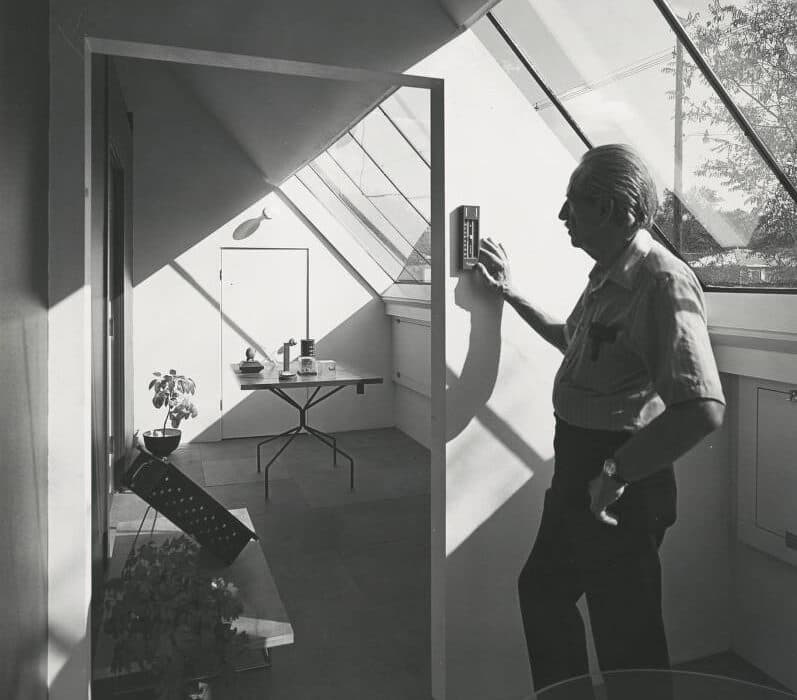With cold weather descending on the metro, some renters are struggling to maintain pleasant temperatures in their homes – especially when they don’t have direct control of their heat.
A Denverite reader asked the following question: “If my landlord is charging me extra for heat, don't I have to have heat and be able to control it?”
Sometimes temperatures in his apartment exceed 90 degrees, he noted. Other times his home is freezing cold. And no matter how many times he’s complained, his landlord has done nothing to address the problems.
Here's the answer to his legal question: Landlords have to provide a working heat system, even if they're not charging for it, and they have to maintain temperatures of 70 degrees indoors. They don't, however, have to give renters control of the thermostat.
“It is a requirement in Denver for a landlord to have a working heater in the unit that is being rented,” Licensing and Consumer Protection spokesperson Eric Escudero wrote Denverite.
That heating system has to be installed according to city code and well-maintained. The landlord has to use it to maintain a temperature of at least 70 degrees inside, even when the weather dips below zero.
“Such heating equipment shall be operated as reasonably necessary to maintain a temperature in all habitable rooms of seventy degrees Fahrenheit,” according to the city’s residential housing regulations.
But there is nothing in city law that mandates they give you direct control over the temperature. The power, in this case, is in your landlord’s hands.
Denverite covered the issue in depth in 2022.
But one thing has changed since that story published. Landlords now have to pay for a license to rent their units and must submit to regular inspections. If they violate public health standards, they can lose their ability to rent.
“The landlord must have a residential rental license and can have that license revoked if they are in violation of any public health codes,” Escudero wrote.
What do you do if you don’t have heat — or you have way too much heat?
First things first, tell the landlord, Escudero said. Give them the chance to make a fix.
If that doesn’t work, file a complaint with the city by calling 311 or online.
“The city investigates all complaints and tracks when the complaint is received and everything that has happened with the complaint, which is a public record,” Escudero wrote. “We believe in accountability for us and any landlords who are not operating in accordance with the law.”
And what if the landlord is violating the law?
“We do not tolerate landlords who break the law in Denver and will use all tools at our disposal within the law to hold them responsible and get them in compliance with the law,” Escudero wrote.
The Denver Department of Public Health and Environment is tasked with investigating complaints. But when a landlord is licensed with the city, the Department of Licensing and Consumer Protection will also investigate.
“As of this moment, there are 27,874 addresses with a residential rental license in Denver, which encompasses 203,000+ units within licensed properties in Denver,” Escudero wrote.
Public health violations can lead to landlords losing their rental license if problems aren’t fixed.
Can a landlord evict you if you complain?
Landlords are required to make and or pay for necessary repairs, according to the city of Denver’s renter’s handbook.
And when tenants raise a “good faith complaint” about health or safety issues, they are protected from retaliation, including eviction.
For a full list of tenants’ rights, go here.











